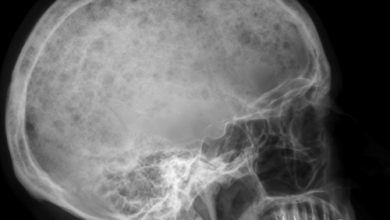Health
How To Diagnose Rheumatoid Arthritis?
If your primary care physician believes that you are showing signs of rheumatoid arthritis, you may be referred to a rheumatologist. A rheumatologist is a doctor who specializes in diseases of the joints, muscles and bones.
Rheumatoid arthritis is difficult to diagnose. In order to properly diagnose rheumatoid arthritis, a set of tests must be performed. In this set of tests, multiple criteria must be met to have an official diagnosiss . One test cannot provide a positive diagnosis for rheumatoid arthritis.
Here are tests and information a rheumatologist. will use to diagnose rheumatoid arthritis.
Medical History
Your physician will ask about family and personal medical history. This information is in addition to current and present symptoms (pain, tenderness, stiffness, and difficulty moving) you are experiencing. If a family member has rheumatoid arthritis, your chances of having it is greater.
Physical Exam
The health care provider will analyze each joint, searching for tenderness, swelling, heat and range of motion. Patterns and the number of joints affected may signify RA. For instance, RA will influence joints on either side of your system. The physical exam may show indications, like nodules or even a low-grade fever.
Blood Tests
The blood tests can measure inflammation levels and search for biomarkers (i.e. compounds/blood vessels connected with RA).
Infection
A high Erythrocyte Sedimentation Rate (ESR) and C-Reactive Protein (CRP) isn’t particular to RA, but if coupled together with other clues it helps make the RA diagnosis.
Antibodies
Since Rheumatoid Factor can happen in inflammatory ailments, it is not an indication of RA. Antibodies can help diagnose RA. However, antibodies are located in just 60% – 70% of individuals with RA and may exist before symptoms begin.
Imaging Tests
An X-ray, ultrasound or magnetic resonance imaging scan can be done in order to search for joint damage. If the the imaging tests do not show joint damage, it does not mean that you do not have RA. It can signify the disease is in an early phase and has not yet attacked the joints.
Once your physician has used all of these methods to diagnose rheumatoid arthritis, he/she will be able to provide a diagnosis. If you receive a positive diagnosis, your rheumatologist will work with you to figure out the best method of treatment for you.




